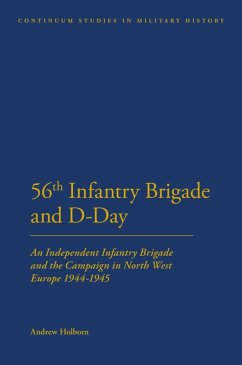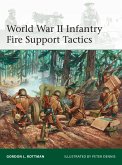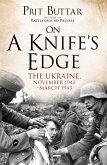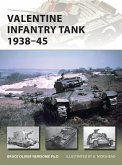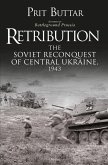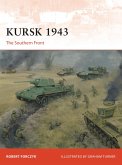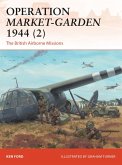Trained as an assault brigade, the 56th landed on D-Day and successfully liberated Bayeux the following day. It was then employed in the crossing of the River Seine and the assault on Le Havre, before fighting across Belgium and Holland culminating in the final assault on Arnhem in April 1945, by which time the brigade had served in four different divisions.
No previous study has sought to explain how an infantry brigade is used in battle, let alone one holding the title 'Independent'. Holborn considers the styles of war as carried out by British forces and casts new light on the effectiveness of British infantry units and their contribution to war effort. Extensive use has been made of new primary evidence from The National Archives, Imperial War Museum Archive and Regimental Museums. The evidence is used to explore issues pertinent to life in the Army at home during the war, training for war and the Campaign in North West Europe, as well as the role of the battalion.
No previous study has sought to explain how an infantry brigade is used in battle, let alone one holding the title 'Independent'. Holborn considers the styles of war as carried out by British forces and casts new light on the effectiveness of British infantry units and their contribution to war effort. Extensive use has been made of new primary evidence from The National Archives, Imperial War Museum Archive and Regimental Museums. The evidence is used to explore issues pertinent to life in the Army at home during the war, training for war and the Campaign in North West Europe, as well as the role of the battalion.

